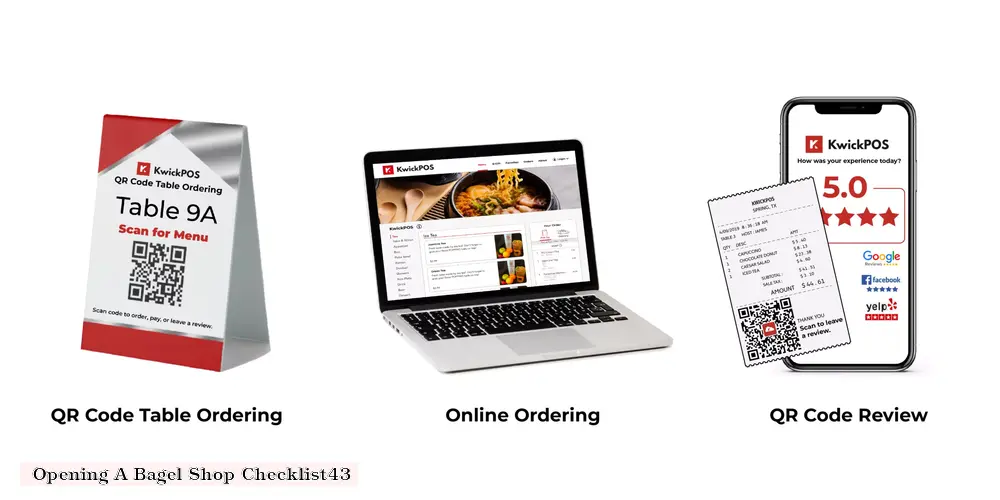

Concept and Market Research
Location and Space
Menu and Ingredients
Equipment and Supplies
Staffing and Training
Marketing and Promotion
Financial Planning
Legal and Regulatory Compliance
Customer Service
Additional Considerations
DISCLAIMER: This information is provided for general informational purposes only, and publication does not constitute an endorsement. Kwick365 does not warrant the accuracy or completeness of any information, text, graphics, links, or other items contained within this content. Kwick365 does not guarantee you will achieve any specific results if you follow any advice herein. It may be advisable for you to consult with a professional such as a lawyer, accountant, or business advisor for advice specific to your situation.

today
Copyright © 2026 Kwick365.com
Designed by KwickPOS is the best restaurant POS